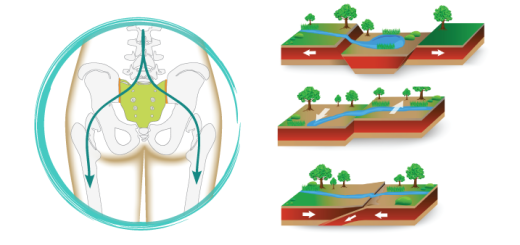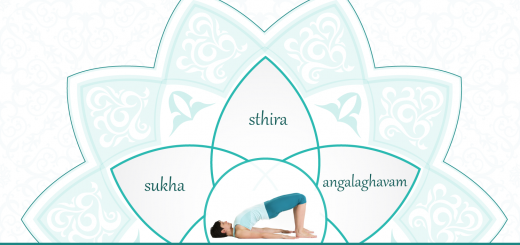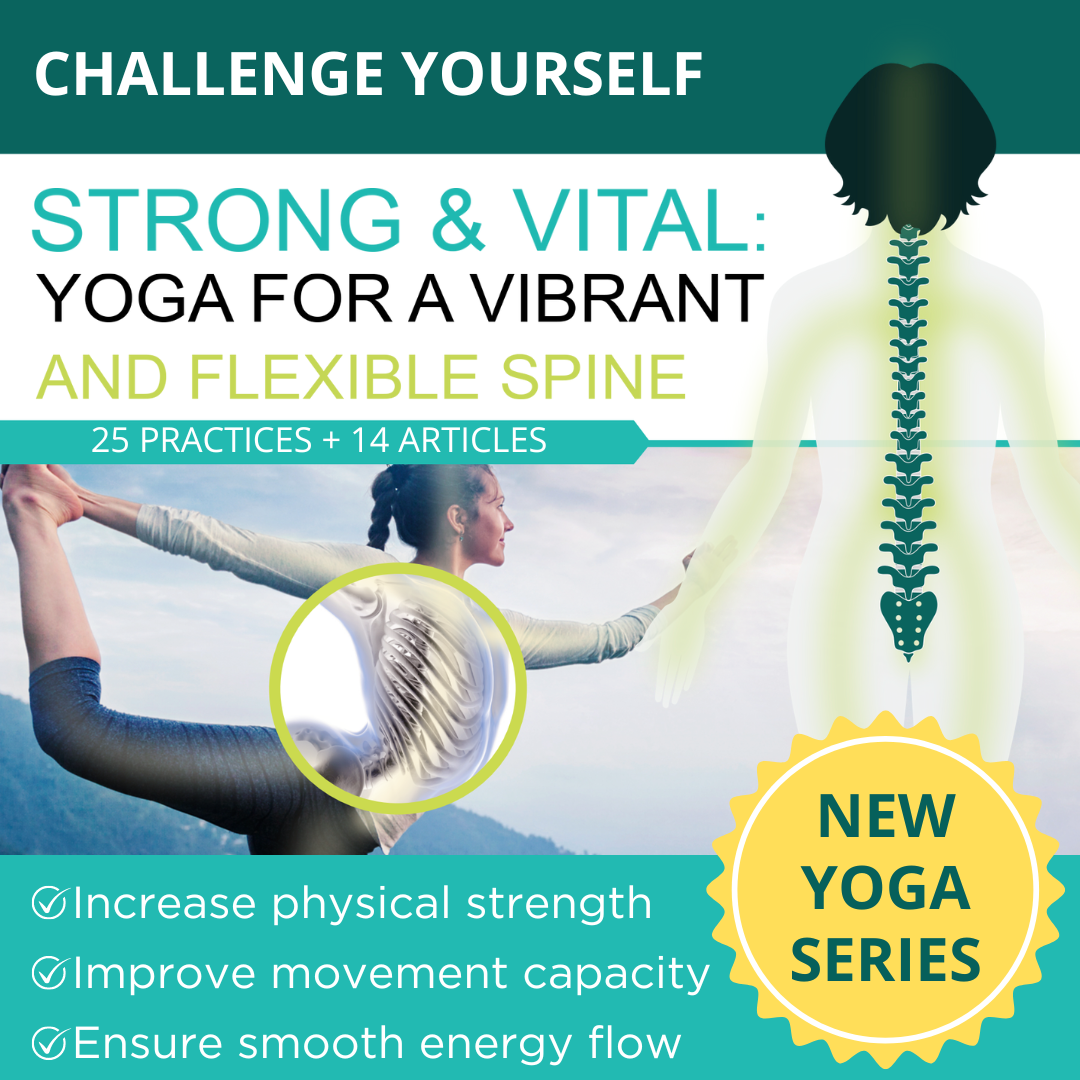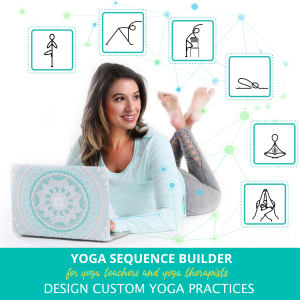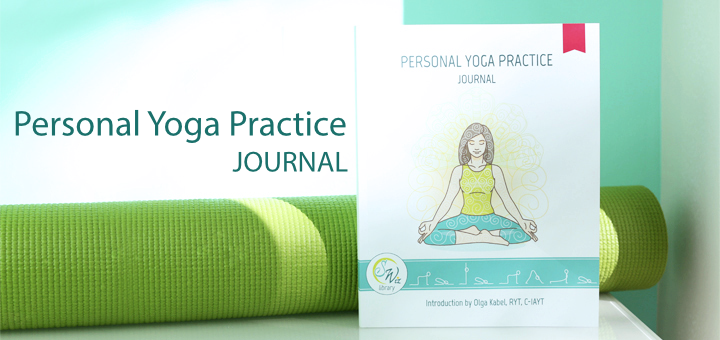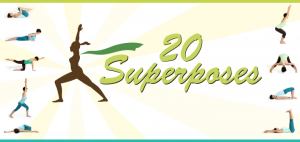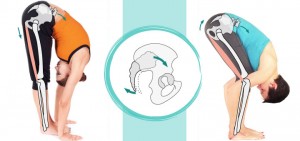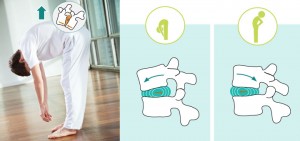What kind of rest do you need? Part 1
0What kind of tired are you? – asks Saundra Dalton-Smith in her book Sacred Rest: Recover Your Life, Renew Your Energy, Restore Your Sanity(1). This seems like a confusing question; how many ways are there to be tired? It turns out there are several, seven to be exact. Since we are multidimensional beings, everything that happens within and outside us impacts us on different levels. We can get tired and drained on one level and not the other, and the kind of rest we seek needs to reflect the type of tired we are. How exactly does this work?
Your body likes to be in a state of internal balance. You can think of it as the “body budget” – the body tries to balance your internal checks and balances, ensuring that significant energy expenditure of some sort is followed by a large deposit to replenish the resources. Some things you do and experience in your daily life act as deposits toward the body budget, and some act as withdrawals.
Often, we ask too much of our bodies in terms of performance but neglect to replenish our resources to keep our body budget balanced. That replenishment happens when we rest. Sleep is not the same as rest. You can still be depleted and exhausted even if you sleep the recommended eight hours (or more) every night. Saundra Dalton-Smith writes: “Chronic insufficient rest ultimately leads to a rest deficit. This deficiency occurs when the amount of rest you get is inadequate to meet your daily energy expenditures. The law of conservation states that energy cannot be created or destroyed. It can only be converted to different forms or transferred. For every minute of activity, you are using energy. Daily, you transfer energy from your reservoir to your activity account and use it to live. The only way to replenish the energy lost is to receive a transfer of energy from another source. Rest is the conductor connecting you to the energy refill you need. The problem is, if you don’t get the right kind of rest, you will still feel empty.”
The activities you engage in every day have physical, mental, emotional, spiritual, social, sensory, and creative components. On any given day, you might get more drained in some areas than others. Whichever areas get drained need to be replenished with certain kinds of rest and reviving activity. Hence the question: What kind of tired are you? What kind of rest do you need?

Physical rest
Our bodies generally try to communicate their unease to us, but we often don’t listen. Saundra Dalton-Smith writes: “Communication is the lifeline of health. Long before your doctor, your lab work, or any imaging studies can reveal the imbalance, your body will begin to reveal these things to you. But the still small voice inside cannot compete with the loud hum of your frantic schedule.”
Some of the signs that you need physical rest include
- Lacking the energy to complete your daily tasks
- Feeling too tired to fall asleep
- Susceptibility to colds
- Frequent muscle pains and soreness
- Reaching for substances to give you more energy (caffeine, energy drinks, sugar)
- Reaching for substances to help you slow down (alcohol, pills, comfort foods)
Do any of these apply to you? If so, consider including some of the following physical reviving activities into your day:
- Outdoor walks (15-20 minutes daily is a great start)
- Movement for pleasure (anything that moves your body and makes you feel invigorated)
- Exercise for pleasure (any exercise that is outcome-centered is a stressor for the body. It can be a positive stressor, but it still doesn’t help you to rest physically)
- Yoga for enjoyment (as a way to connect to your body, move it, and celebrate it. Restorative yoga can be beneficial, too)
- Body check-ins (Whenever you feel tired, lie down on the floor in a comfortable position and listen. Notice which parts feel achy or neglected, learn to listen to the body’s messages. You can do it in a bathtub, too)
- Conscious steady breathing to establish a deep link to your body, assess your inner state, and settle your nervous system.
And most important of all, we need to reframe our thinking when it comes to physical rest. How do you feel about physical rest deep down? Do you feel like it’s a weakness? Overindulgence? Slacking off? Something to put off until you have more time? Do you feel guilty when you rest? Try to unearth those deeply rooted perceptions and intentionally connect them to your current physical state. Have they served you so far? What if you try something different?
Mental rest
Our minds are always active, busy processing both the external and internal stimuli. If you have an occupation that requires a high degree of mental concentration, you are more likely to have a mental rest deficit. On top of that, we all have an ongoing mental chatter of the mind that is a running internal commentary about everything that’s going on. If you let your mind run wild with what-if scenarios, constant judgment of self and others, repetitive thought loops, relieving of past events, and other tiresome mental activities, you are more likely to experience a mental rest deficit. Saundra Dalton-Smith writes: “When left unchecked, clutter happens. Your mind is no different.”
Some of the signs that you need mental rest include
- Feeling as if you can barely keep up with your daily mental tasks
- Experiencing low-degree irritation or full-blown frustration when thinking about your day
- Procrastination or avoidance of certain tasks in fear of messing them up
- Snapping at the ones closest to you about minor things
- Inability to focus, mental fog during the day
- Feeling like even the simplest tasks become overwhelming
Does that sound familiar? If so, consider including some of the following mental reviving activities into your day:
- Give your brain a break during the day. Try to alternate activities that require high mental concentration with more manual tasks.
- Prioritize tasks that are more important. Start with those.
- Do not work until you drop. Let go of the expectation that you must squeeze every ounce of mental energy out of yourself before you can rest.
- Learn to recognize the signs. Notice when the tasks begin to feel difficult or overwhelming and take a short break to regroup.
- Watch /read something funny or inspirational when you begin to feel overloaded.
- Schedule venting time for yourself. Any time you start to fret about something, say to yourself, “I will worry about this after lunch” (or any other specific time, just not before bed), and then focus on something else. When “after lunch” comes, give yourself the freedom to worry and fret about anything you want for 15 minutes. When 15 minutes is up, do some activity that makes you feel happy and content. Then move on with your day. If you happen to forget or miss your “worry time,” too bad, those worries will have to wait till the next day.
- Make a conscious choice on what to think about. When you notice yourself getting stuck in a mental loop of negative self-talk, instead of getting caught up in it, try to think of something that you find interesting or something that gives you joy, or direct your attention toward something you want to do. Experiment with those options and see which one seems the most effective to you.
- Meditate. Watch your thoughts as they come and go and marvel at the unpredictability of your mental activity.
- Focus on something else for a while. Focusing on the body and your interoceptive (internal) sensations works great.
And most important of all, find an activity or setting that makes you feel at peace. Saundra Dalton-Smith writes: “When everything in your day looks like chaos, where will your mind retreat for order? The mind must have a place to rest, and that place must be sacred.” Where is that place for you?
Next week we will continue our conversation about emotional, spiritual, social, sensory, and creative rest – check it out! And if you want to read some more amazing quotes about different kinds of rest from Saundra Dalton-Smith and her book Sacred Rest: Recover Your Life, Renew Your Energy, Restore Your Sanity, check out my Instagram (@ok.yoga). I will share those quotes with my commentary.
[jetpack_subscription_form]
Resources
- Sacred Rest: Recover Your Life, Renew Your Energy, Restore Your Sanity by Saundra Dalton-Smith (affiliate link)

